The Difference Between a Low Carb Diet and a Keto Diet: Which One is Right for You?
If you’ve been considering a low-carb diet or a keto diet, you may be wondering which one is right for you. Both diets are popular for weight loss, but they have different benefits and drawbacks. In this blog post, we will discuss the differences between a low-carb diet and a keto diet to decide which one is right for you!
What is a keto diet, and how does it differ from a low-carb diet?
A keto diet is a low-carbohydrate, high-fat diet. It typically contains 75% fat, 20% protein, and only about 0-20 grams of carbohydrates per day. In comparison, a low-carb diet is generally defined as containing 50-100 grams of carbs per day. So, keto diets are very restrictive when it comes to carbohydrates.
One of the main differences between these two diets is how they affect your blood sugar levels and insulin response. When you eat a high-carbohydrate meal, your blood sugar levels increase, and your pancreas releases insulin to help store the excess glucose as glycogen in your muscles and liver. However, when you consume a meager amount of carbs, your liver starts converting fat into ketones to be used for energy. This process is known as ketosis.
The Benefits of following a Keto diet
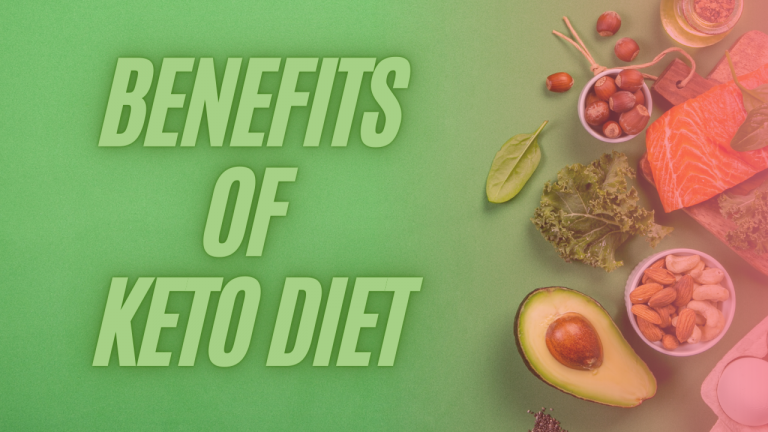
Keto diets can have several health benefits, including:
Weight loss – A keto diet can help you lose weight because it causes your body to burn fat for energy, rather than carbohydrates.

Reduced hunger – A keto diet can reduce hunger because it stabilizes blood sugar levels and makes your body feel fuller for longer.

Improved mental clarity – A keto diet can improve mental clarity by providing your brain with an alternative fuel source (ketones) that can help to protect against cognitive decline.
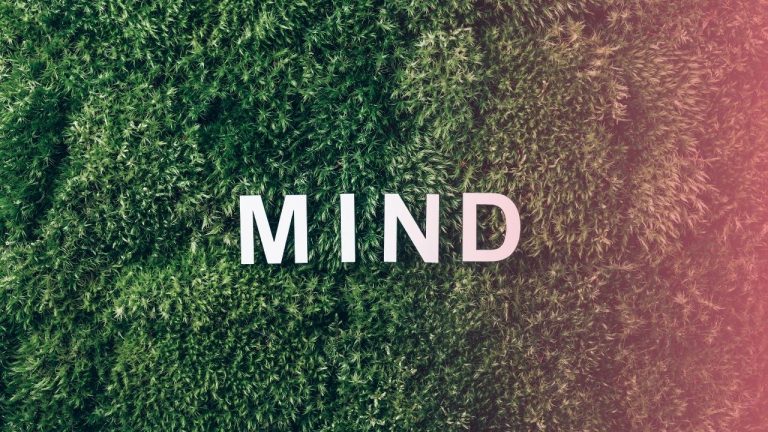
Reduced inflammation – A keto diet can reduce inflammation because it helps to regulate blood sugar levels and provides anti-inflammatory fatty acids.
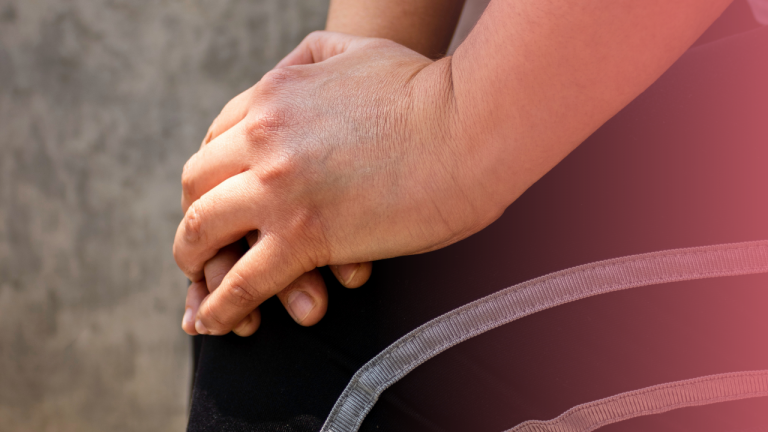
Improved heart health – A keto diet can improve heart health by reducing risk factors for cardiovascular diseases, such as high cholesterol and high blood pressure.
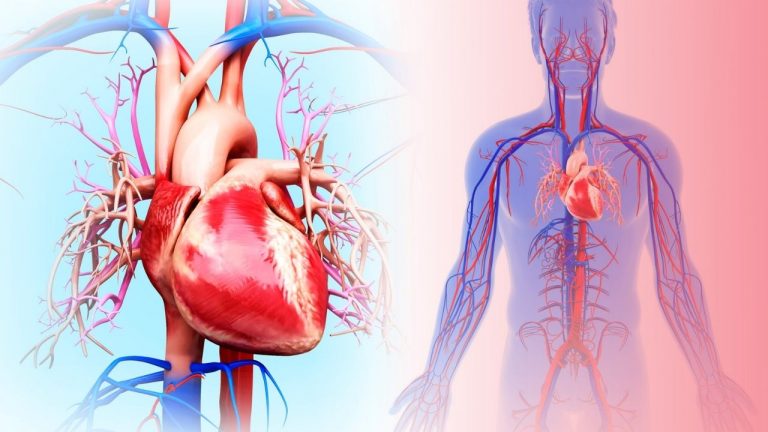
Improved blood sugar control – A keto diet can improve blood sugar control by helping to stabilize blood sugar levels and providing a more efficient fuel source for your cells.

How to start a keto diet or low carb diet?
When it comes to starting a new diet, it can be difficult to know which one is right for you. There are so many different options out there, and it can be tough to decide which one will work best for your individual needs. If you’re considering starting either a low-carb diet or a keto diet, it’s important to understand the difference between the two so that you can make the best decision for your health.
A low-carb diet is a dietary plan that limits carbohydrates, typically limiting them to less than 50 grams per day. This means that you’ll likely need to find alternative sources of energy, such as healthy fats and proteins. A keto diet, on the other hand, is a very low-carbohydrate diet that puts your body into a state of ketosis. This means that your body will be able to burn fat for energy, rather than glucose.
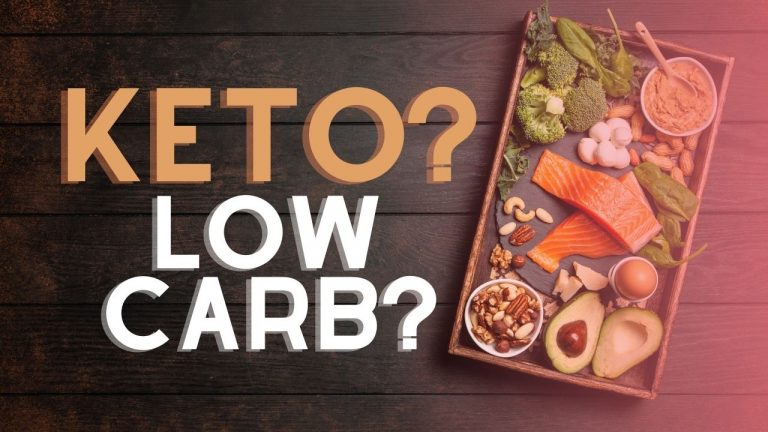
What to eat on a keto diet or low-carb diet?
This is where the two diets diverge. A low-carb diet doesn’t have a strict limit on carbs but generally recommends limiting them to less than 130 grams per day. The keto diet, however, requires you to keep your carb intake to a very specific range: 50 grams or less per day (including net carbs, which is the total carb count minus fiber).
To maintain a state of ketosis, you need to stick to this carb limit. That means eliminating most grains, starchy vegetables, fruits, beans, and legumes from your diet. You’ll also need to limit high-carbohydrate foods that are healthy but also relatively high in carbs, such as quinoa, sweet potatoes, and carrots. In addition to cutting back on carbs, you need to increase your fat intake on a keto diet

While a low-carb diet doesn’t have a strict limit on fats, the keto diet requires you to consume at least 70% of your calories from fat. That means eating fatty cuts of meat, full-fat dairy, butter, oils, and green veggies. To hit that macros goal, you may need to supplement your diet with MCT oil, olive oil, or avocado oil.
On a low-carb diet, you can still eat some fruits and starchy vegetables in moderation. But on a keto diet, fruits and starchy vegetables are off-limits because of their higher carb content. You can, however, eat low-carb fruits like berries and non-starchy vegetables like leafy greens
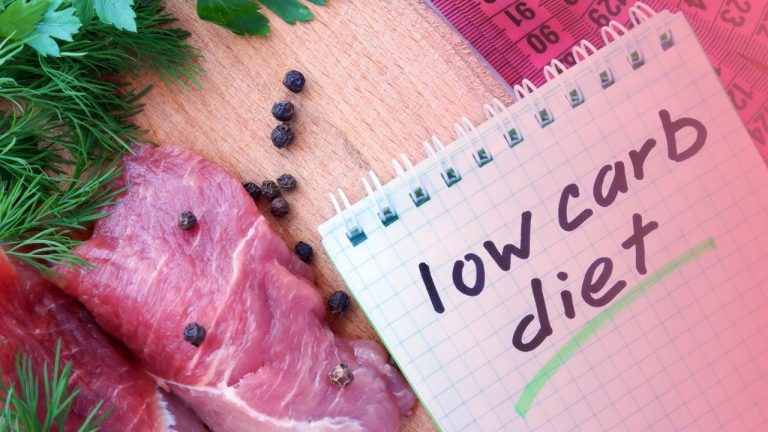
Which diet is more sustainable in the long run?
When it comes to choosing a diet, there are many factors to consider. What works for one person might not work for another. And what is sustainable in the long run is often the biggest deciding factor. So, when it comes to low-carb diets and keto diets, which one is more sustainable?
The answer may surprise you.
While a keto diet is technically a low-carb diet, there are some important differences to consider. For one, a keto diet is much more restrictive. It requires that you get 70-80% of your calories from fat, 15-25% from protein, and just 0-50 grams of carbs per day. This can be tough to stick to long-term.
A low-carb diet, on the other hand, is less restrictive. While you still want to limit your carb intake, you don’t have to be as strict. This can make it easier to stick to long-term and is often more sustainable.
So, when it comes down to it, a low-carb diet might be the better option if you’re looking for something you can stick to in the long run. But ultimately, the best diet is the one that works for you. If you can stick to a keto diet, then go for it. But if you find it too restrictive, a low-carb diet might be a better fit.
At the end of the day, the best diet is the one that you can stick to. And what’s sustainable for you might not be sustainable for someone else. So, it’s important to find what works best for you and your lifestyle.
Conclusion
So, which is the right diet for you? A low-carb diet might be a good place to start if you’re looking to lose weight and improve your health. If you want to try the keto diet, make sure you do your research so that you can follow it correctly and avoid any negative side effects. Whichever diet you choose, remember that it takes time and patience to see results – don’t give up if you don’t see changes overnight!



